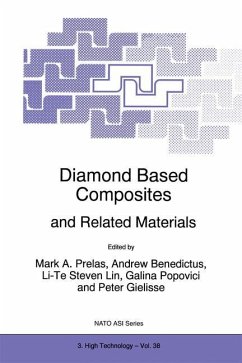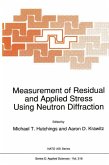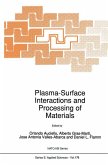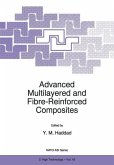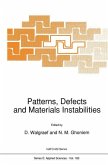Diamond-based composites, with their advantages of hardness, high Young's modulus and the like, have demonstrated new and unusual features, such as stability to high temperatures and pressure shocks and a large internal surface that can be controlled to offer customised electrical, magnetic and optical properties, leading to efficient filters, absorbents, sensors and other tools for environmental control and monitoring.
The current book covers the synthesis of materials, their characterization and properties, trends in high pressure and high temperature technologies, low pressure technologies, basic principles of DBC material science, and future developments in electronics, optics, industrial tools and components, biotechnology, and medicine. Wide band-gap materials are considered, ranging from molecular clusters, nanophase materials, growth, processing and synthesis.
The processing of composite based materials can be classified into six basic methods: in situ growth, high pressure/high temperature catalytic conversion; mix and sinter (c-BN plus metal-ceramic polymer mix); direct sintering; direct polymorphic conversion; shock detonation; and SHS sintering.
The current book covers the synthesis of materials, their characterization and properties, trends in high pressure and high temperature technologies, low pressure technologies, basic principles of DBC material science, and future developments in electronics, optics, industrial tools and components, biotechnology, and medicine. Wide band-gap materials are considered, ranging from molecular clusters, nanophase materials, growth, processing and synthesis.
The processing of composite based materials can be classified into six basic methods: in situ growth, high pressure/high temperature catalytic conversion; mix and sinter (c-BN plus metal-ceramic polymer mix); direct sintering; direct polymorphic conversion; shock detonation; and SHS sintering.

